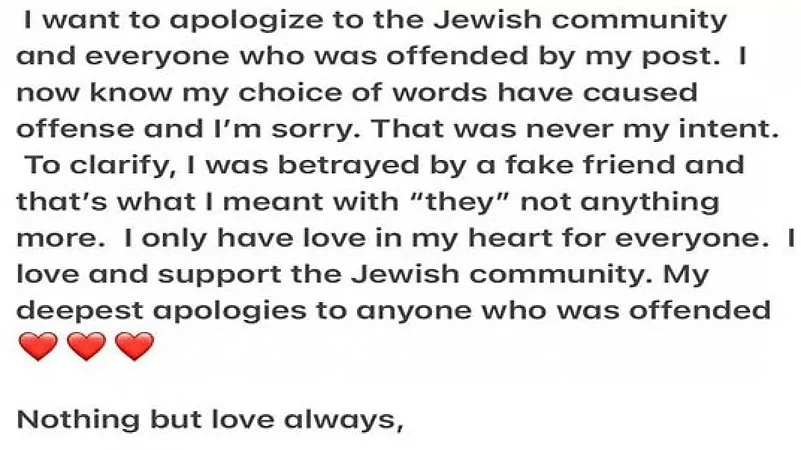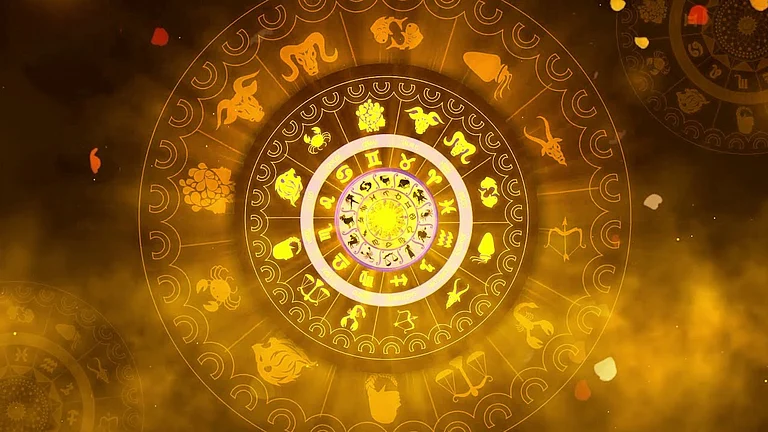In a recent turn of events, Hollywood actors Jamie Foxx and Jennifer Aniston find themselves at the center of a social media storm after Foxx's controversial Instagram post sparked accusations of antisemitism. The post, which has since been taken down, triggered a heated debate about cultural context and white privilege.
The controversy began when Jamie Foxx shared an Instagram post that included the line, "They killed this dude named Jesus…what do you think they'll do to you???! #fakefriends #fakelove." The post was quickly interpreted by a Jewish media company, A Wider Frame, as "horrifically antisemitic" due to its reference to the long-standing myth of Jews collectively being responsible for the death of Jesus.
Upon realizing the unintended offense caused by his post, Foxx promptly deleted it and issued a heartfelt apology to the Jewish community. In his Instagram post, the 55-year-old actor expressed regret for his choice of words and emphasized that his intent was never to hurt or offend anyone. Foxx clarified that the reference to "they" was aimed at a fake friend and was not directed towards any particular group.
However, the controversy deepened when it appeared that Jennifer Aniston had initially "liked" Foxx's post. This led to criticism of the "Friends'' star, suggesting that she, too, may have been endorsing the alleged antisemitic message. Nevertheless, Aniston later spoke out against antisemitism through her Instagram Story. She vehemently denied supporting any form of hate and made it clear that she did not "like" Foxx's post intentionally or inadvertently.
As the backlash against Foxx continued, some social media users defended the actor, arguing that the misinterpretation stemmed from a lack of cultural understanding and familiarity with African-American Vernacular English (AAVE). They asserted that the phrase used in Foxx's post is a common expression within the Black community and should not be misconstrued as antisemitic.


























